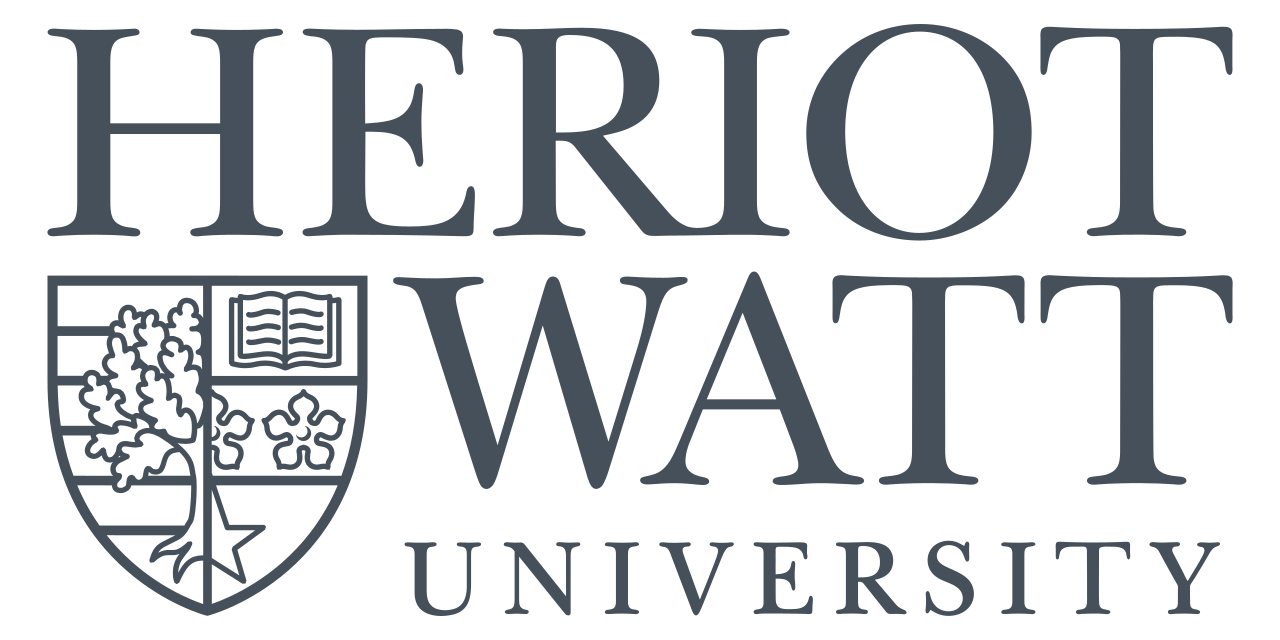Workshop participant feedback
“Exceptionally high quality – a great mix/balance of researchers and practitioners brought together from across disciplines, all very good at sharing information and ideas constructively.”
“Several of the talks really sparked new thinking for me.”
“A very productive, energising workshop in excellent facilities. I will definitely be targetting some ICMS funding calls in the future.”
Achieving sustainable human-wildlife coexistence in well-functioning ecosystems is a vitally important and major challenge under global change. In this context, Rewilding, an emerging paradigm in ecosystem restoration, is viewed by a growing number of scientists as central to the restoration agenda. Rewilding differs from more established conservation approaches as it de-emphasizes efforts towards preserving or bringing back certain focal species or habitats, in favour of prioritising the connectivity and health of the ecosystem as a whole. More precisely, the emphasis is on restoration of ecosystem services (such as pollination, water purification, carbon storage, etc) and their underpinning ecosystem functions. Other defining features of rewilding are the requirement of minimal ongoing management and viewing ecosystems as social-ecological systems. The latter point provides space for different scales of rewilding, from the most purist at one end of the spectrum, to small-scale urban rewilding at the other. While mathematics has played a key role in ecology for well over a century, its use in rewilding remains limited. This is in part due to the fact that the rewilding approach is still in the early phases of developing a rigorous scientific foundation.
The purpose of this KE event was to bring together academic and non-academic scientists in mathematics and ecology, in order to tackle some of the practical problems related to rewilding. The ICMS has previously funded a term long programme, Rewilding mathematics. The perspectives paper Mathematical Perspectives on Rewilding is the outcome of that programme and the theoretical premise of this KE event.
Speakers:
Dr Kevin Watts, Forest Research: Kevin is an applied landscape ecologist, interested in landscape modelling and in modelling ecological complexity.
Dr Sally Marsh, Co-director of High Weald National Landscape: Sally is interested in rural ecology and rural policy.
Dr Tom Jameson, Forest Research: Tom’s current research focuses on developing field experiments to study landscape restoration processes, informing best practice and quantify outcomes.
Prof. Christina Cobbold, Glasgow University: Christina is a mathematical biologists, with a focus on spatial and evolutionary ecology. She is particularly interested in assessing the effect of habitat fragmentation on species survival and the effect of environmental variation on the evolution and adaptation of life-history traits.
Prof. Rebecca Killick, Lancaster University: Rebecca is a statistician, developing statistical models and methods for nonstationary time-series, changepoints and multiscale methods.
Emily Shipp, Edinburgh Futures Institute: Emily has been working on cutting edge approached for opinion and behaviour modification



 Abstract
Abstract 






